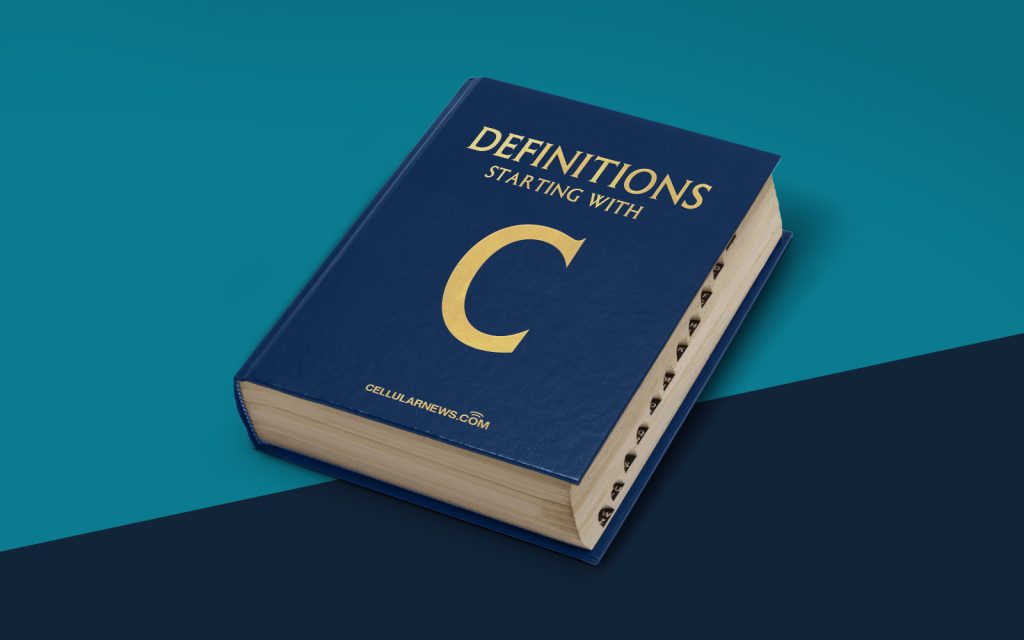
Understanding Client Access Licenses (CALs)
Hey there! So, you’ve heard the term “Client Access License” or “CAL” being thrown around, and you’re wondering what it’s all about. Well, let’s break it down for you.
Key Takeaways
- A Client Access License (CAL) is a type of license that allows a user or device to access specific Microsoft server software.
- There are two main types of CALs: User CALs and Device CALs.
A Client Access License, or CAL, is a type of license that **allows** a user or device to access **specific** **Microsoft** server software. It’s like a ticket that lets you into a theme park – in this case, the theme park is the Microsoft server, and the CAL is your ticket to get in.
Types of CALs
There are two main types of CALs:
- User CALs: This type of CAL is assigned to a **specific** user and allows that user to access the **server** software from any device. It’s like having a season pass to the theme park – no matter which entrance you use, as long as you’re the ticket holder, you’re good to go.
- Device CALs: On the other hand, a Device CAL is assigned to a **specific** device, such as a computer or a smartphone. This means that anyone using that device can access the **server** software, but the CAL doesn’t follow them if they switch to a different device. It’s like having a parking pass for a car – only the car with the pass can park in the designated spot.
Now, you might be wondering why you need a CAL in the first place. Well, think of it this way: Microsoft server software is like a VIP club, and not just anyone can waltz in. You need a CAL to show that you’re authorized to enter and make use of the resources available on the server.
So, whether you’re using Microsoft Exchange for email, SharePoint for collaboration, or Remote Desktop Services for remote access, you’ll likely need the appropriate CALs to stay compliant with **Microsoft**’s licensing requirements.
In summary, a Client Access License is your golden ticket to access and use specific Microsoft server software. It’s a way for **Microsoft** to ensure that their products are used in a fair and authorized manner.
Hope this helps clear up the mystery of CALs for you!
